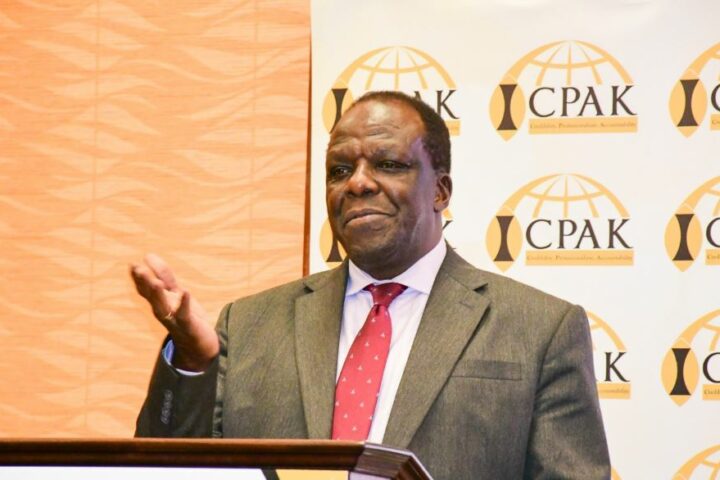 The International Monetary Fund (IMF) has called on President William Ruto’s administration to modernize Kenya’s cryptocurrency regulations to align with global standards, citing rising cases of money laundering and terrorism financing linked to digital assets.
The International Monetary Fund (IMF) has called on President William Ruto’s administration to modernize Kenya’s cryptocurrency regulations to align with global standards, citing rising cases of money laundering and terrorism financing linked to digital assets.
Kenya’s crypto transactions were estimated by the KRA to be Ksh2.4 trillion between 2021 and 2022.
In a report released on January 9, the IMF highlighted that Kenya’s current regulations, which are tailored for traditional financial markets, are inadequate for addressing crimes associated with digital currencies.
The recommendations were directed to the Capital Markets Authority (CMA), urging immediate action to bridge the regulatory gap.
Recommendations from the IMF
The IMF outlined a phased approach to help Kenya build a comprehensive and effective cryptocurrency regulatory framework:
- Short-Term (6–12 Months):
- Conduct empirical research to understand the scope and risks of crypto assets.
- Offer training and education to regulators to build capacity.
- Foster inter-agency cooperation to address overlapping responsibilities.
- Medium-Term (12–24 Months):
- Develop a legal and licensing framework for cryptocurrency operations.
- Enhance supervisory regulations to ensure compliance and transparency.
- Collaborate with foreign regulators to address risks associated with cross-border cryptocurrency exchanges.
The IMF emphasized the importance of creating clear legislative frameworks with specific definitions and classifications of crypto assets. The framework should also enable effective inter-agency cooperation, continuous market monitoring, and consumer protection.
“There is a need for a clear legislative framework with specific definitions and classifications of crypto assets, effective inter-agency cooperation, and continuous market monitoring,” the report stated.
The IMF further recommended collaboration with international financial watchdogs, such as the Financial Action Task Force (FATF), to mitigate risks and ensure robust oversight.
The IMF noted that its recommendations were crafted at the request of Kenya’s Capital Markets Authority. The suggestions aim to ensure market integrity, protect consumers, and foster innovation while addressing financial stability risks.
“The diligent efforts of authorities to guide the public have underscored the need for a regulatory framework to mitigate risks and support market integrity,” the report read.
Kenya’s growing engagement with cryptocurrencies presents both opportunities and challenges. The IMF stressed that the country’s framework must strike a balance between promoting innovation in the cryptocurrency market and protecting the financial system from exploitation by bad actors.
“The development of this framework should consider the unique challenges and opportunities within Kenya’s crypto market, ensuring it is robust, transparent, and capable of fostering innovation while protecting consumers and maintaining financial stability,” the report added.
It remains to be seen how hard and how fast this administration will move in with new crypto laws.








